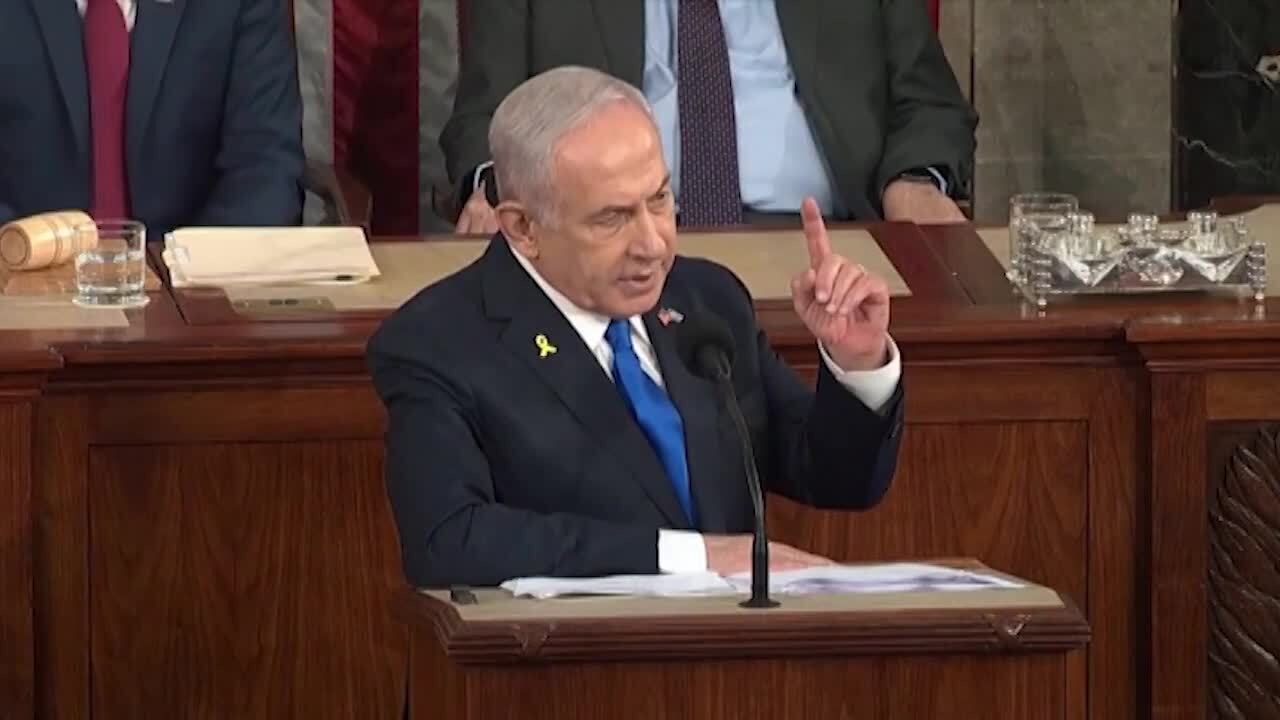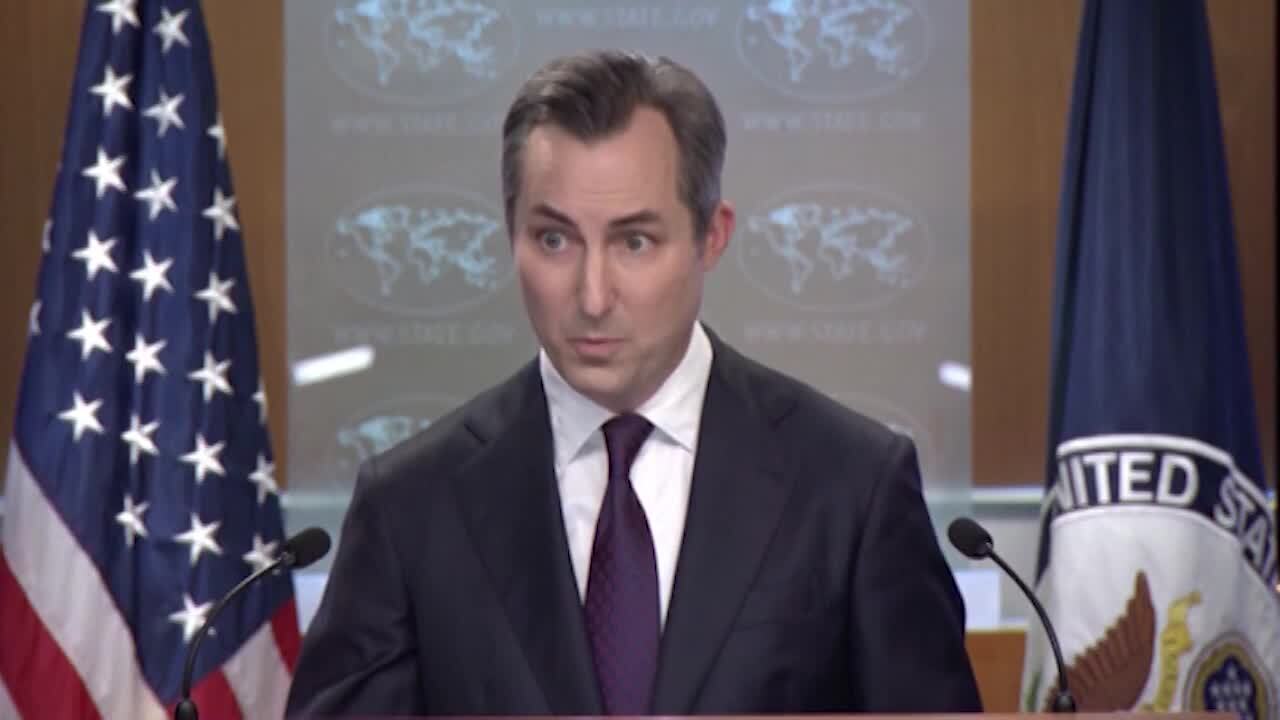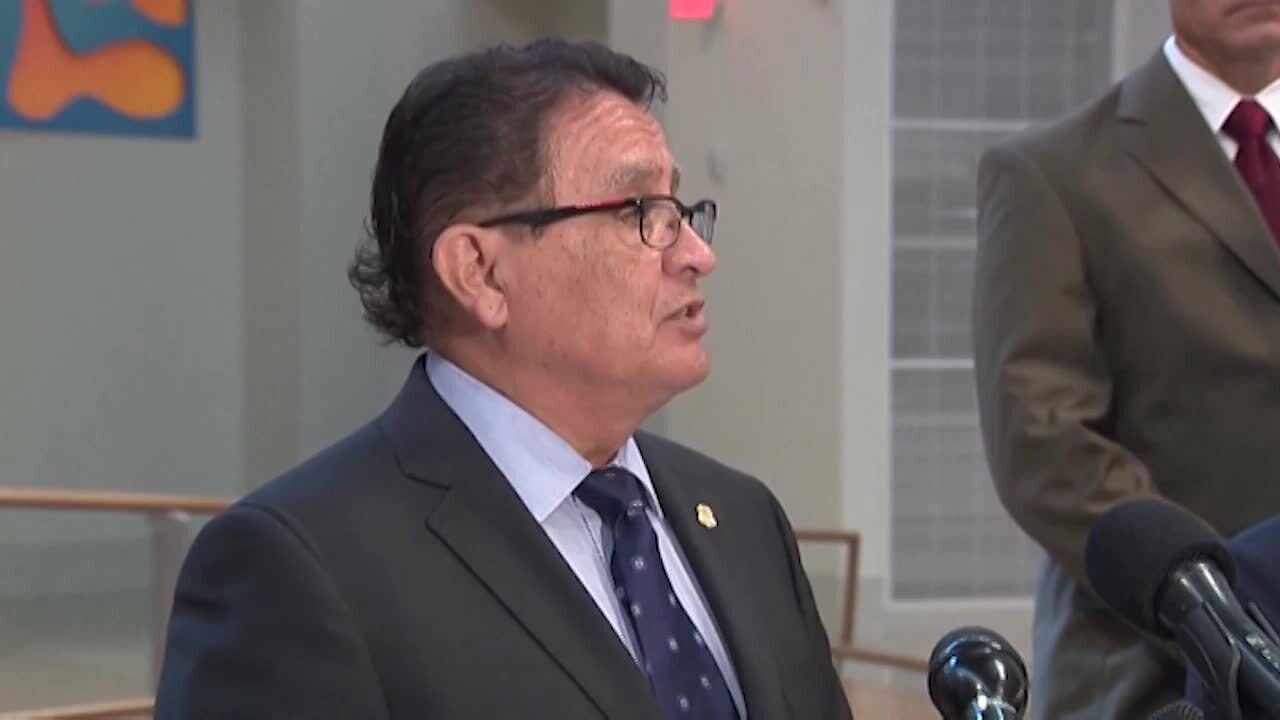The latest challenges facing the Veterans Affairs Department stem in part from a surge in health care needs and claims from Vietnam-era veterans, the agency's top official said.
"The problems of the VA in 2014 were not because of Afghanistan and Iraq," VA Secretary Robert McDonald said on Wednesday during a speech in Washington, D.C. "We have Vietnam-era veterans qualifying for issues that we didn't even know how to define during the Vietnam War."
The department last year was plagued by reports of falsified documents and wait times at facilities so long that veterans died before receiving care.
A recent IG report indicated some 300,000 veterans with pending enrollment applications were reported as deceased, but VA officials said that figure doesn't indicate they went without medical care or died while actively seeking enrollment into the VA system.
Regardless, the wait list scandal and other issues forced the resignation of former VA Eric Shinseki and provided fodder for lawmakers such as Sen. John McCain, R-Arizona, who want to change the law so more veterans can seek treatment outside the VA system.
Disability claims filed with the agency are anticipated to hit 1.44 million in 2017 – an almost 50 percent increase from 2009, when they were at 1 million, McDonald said in remarks at the annual Military Officers Association of America (MOAA) Warrior Family Symposium in Washington, D.C. About 10 million veterans will be over age 65 in 2017, he said.
"People are 10 times more likely to survive the battlefield today, but because you survive with much more catastrophic injuries," he said. "If we don't build the capability today, where are we going to be 20 years from now, 30 years from now, 40 years from now as the veterans who fought in Iraq and Afghanistan age?"
The VA announced last month that it has reduced its claim backlog to less than 100,000 from its peak at more than 600,000 in 2013.
McDonald warned if lawmakers don't fund the VA in fiscal 2016 at the requested amount of about $168 billion, the agency will be underprepared the needs of Iraq and Afghanistan veterans.
The U.S. House of Representatives and Senate passed spending bills funding the department at well under that amount. House lawmakers passed a bill funding the VA at $163.2 billion, while the Senate agreed on $163.7 billion. The final 2016 funding level, which will be decided in conference, is anticipated to be announced by lawmakers this month before heading to the President's desk for his signature.
--Amy Bushatz can be reached at amy.bushatz@military.com.



























